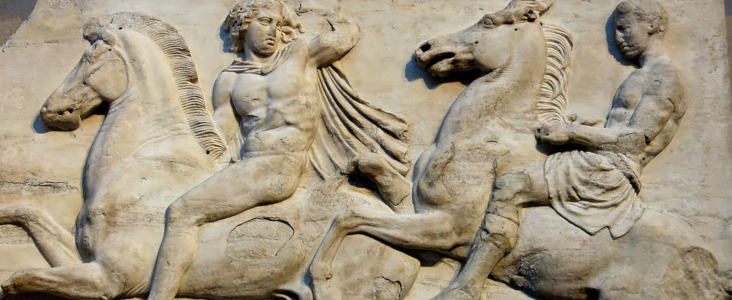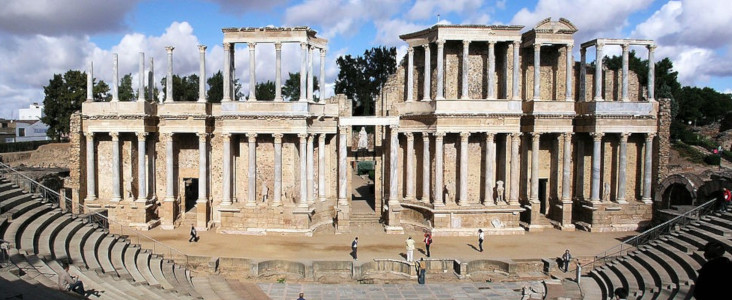-
Courses

Courses
Choosing a course is one of the most important decisions you'll ever make! View our courses and see what our students and lecturers have to say about the courses you are interested in at the links below.
-
University Life

University Life
Each year more than 4,000 choose University of Galway as their University of choice. Find out what life at University of Galway is all about here.
-
About University of Galway

About University of Galway
Since 1845, University of Galway has been sharing the highest quality teaching and research with Ireland and the world. Find out what makes our University so special – from our distinguished history to the latest news and campus developments.
-
Colleges & Schools

Colleges & Schools
University of Galway has earned international recognition as a research-led university with a commitment to top quality teaching across a range of key areas of expertise.
-
Research & Innovation

Research & Innovation
University of Galway’s vibrant research community take on some of the most pressing challenges of our times.
-
Business & Industry

Guiding Breakthrough Research at University of Galway
We explore and facilitate commercial opportunities for the research community at University of Galway, as well as facilitating industry partnership.
-
Alumni & Friends

Alumni & Friends
There are 128,000 University of Galway alumni worldwide. Stay connected to your alumni community! Join our social networks and update your details online.
-
Community Engagement

Community Engagement
At University of Galway, we believe that the best learning takes place when you apply what you learn in a real world context. That's why many of our courses include work placements or community projects.
Why study Ancient Classics?

Why study Ancient Classics?
Ancient Classics (or simply Classics) is the study of the origins of European culture, focusing particularly on the cultures of ancient Greek and Rome.
The study of Ancient Classics—including authors such as Homer, Herodotus, Plato, Aristotle, Cicero, Virgil, Horace, Ovid—has been a central part of humanities education and a shaping influence on Western culture since the Middle Ages, through the Renaissance and down to modern times.
Classics is available as a subject choice in the BA degree at NUI Galway, and you may choose to study it for one year only or to continue with Classics into second and third year as one of your two degree subjects.
Our First Arts course offers a general introduction for students who have no prior background in the discipline.
Ancient Classics as discipline is highly complementary with other subjects in the Arts programme, and especially English and Creative Writing, History, Philosophy, Archaeology, Celtic Civilisation and modern languages. This is for the following reasons:
1) The long view
Most Arts disciplines are focused primarily on the modern period, and even those that study recent centuries only skim the surface of human history. Ancient Classics will give you a broader perspective on human culture, creativity and intellectual life, going back to the beginnings of writing in Europe, a story spanning at least three millennia. You will learn about the origins of European literature, art, theatre, mythology, philosophy, science and political thought, and about the influence of Graeco-Roman culture down to modern times.
2) Geographical breadth
Anciet Classics is concerned with not only Greeks and Romans, but with all the peoples they interacted with: Egyptians, Persians, Hebrews, Etruscans, Celts, Germans and many more. This was a multi-ethnic, globalised world, stretching from Britain to India, including much of not only modern Europe but also of North Africa and the Middle East. You will learn how the Western tradition was shaped by this diversity of peoples and civilisations.
3) Variety of perspectives
Ancient Classics exposes you to an extraordinarily rich variety of approaches and methods, combining the study of literature and mythology; theatre; art and archaeology; political, social and cultural history; philosophy; and languages and linguistics. You will develop the skill of analysing many different kinds of evidence in order to form a coherent perspective on a culture.
Read what our students say about us…




















